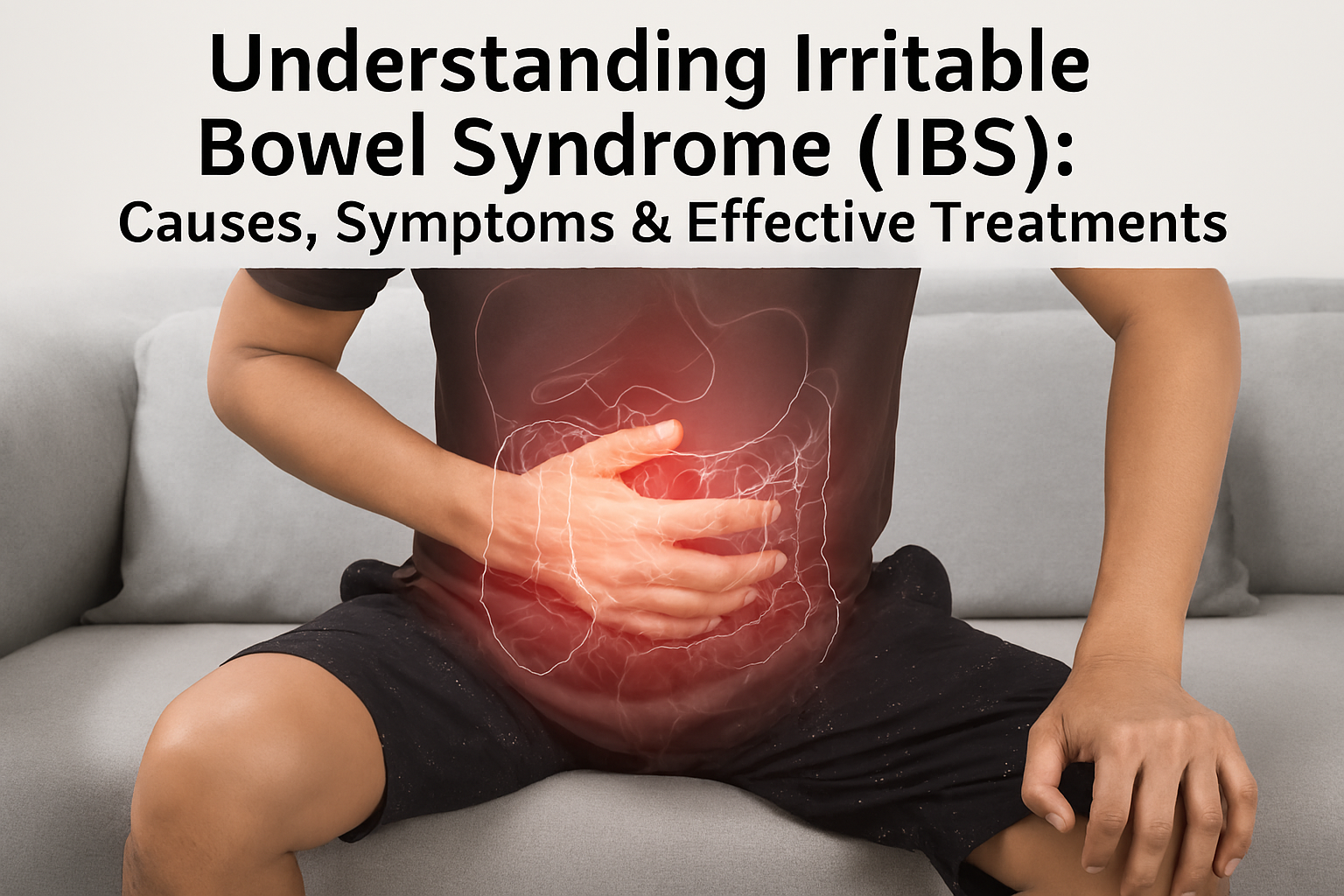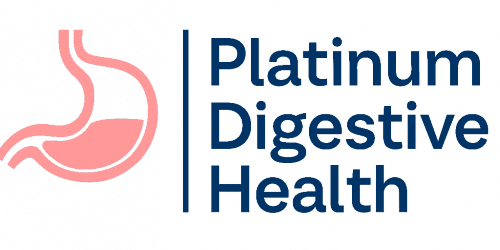
Understanding Irritable Bowel Syndrome (IBS): Causes, Symptoms & Effective Treatments
Irritable Bowel Syndrome (IBS) is a common disorder affecting the large intestine, characterized by a group of symptoms that typically occur together, including cramping, abdominal pain, bloating, gas, and diarrhea or constipation.
What Causes IBS?
The exact cause of IBS isn't known, but factors that seem to play a role include muscle contractions in the intestine, nervous system abnormalities, inflammation in the intestines, severe infection, and changes in gut bacteria.
Common Symptoms of IBS
- Abdominal pain or cramping
- Bloating and gas
- Diarrhea, constipation, or alternating between both
- Mucus in the stool
- Urgency to have a bowel movement
Diagnosing IBS
IBS diagnosis is based on symptoms and by ruling out other conditions. Doctors may perform blood tests, stool tests, and sometimes colonoscopy or imaging tests.
Treatment Options for IBS
Lifestyle and Dietary Changes
- Eating high-fiber foods gradually increased over time
- Following a low-FODMAP diet to reduce fermentable sugars
- Managing stress through relaxation techniques
- Regular exercise
- Keeping a food diary to identify trigger foods
Medications
Treatment depends on symptoms and may include:
- Fiber supplements or laxatives for constipation
- Antidiarrheal medications for diarrhea
- Antispasmodic medications to reduce bowel spasms
- Low-dose antidepressants for pain relief
- Medications specifically for IBS symptoms
When to See a Doctor
Seek medical attention if you experience severe symptoms such as unexplained weight loss, rectal bleeding, anemia, or persistent diarrhea.
IBS is a chronic condition that can be managed with lifestyle changes and medical care to improve quality of life.
